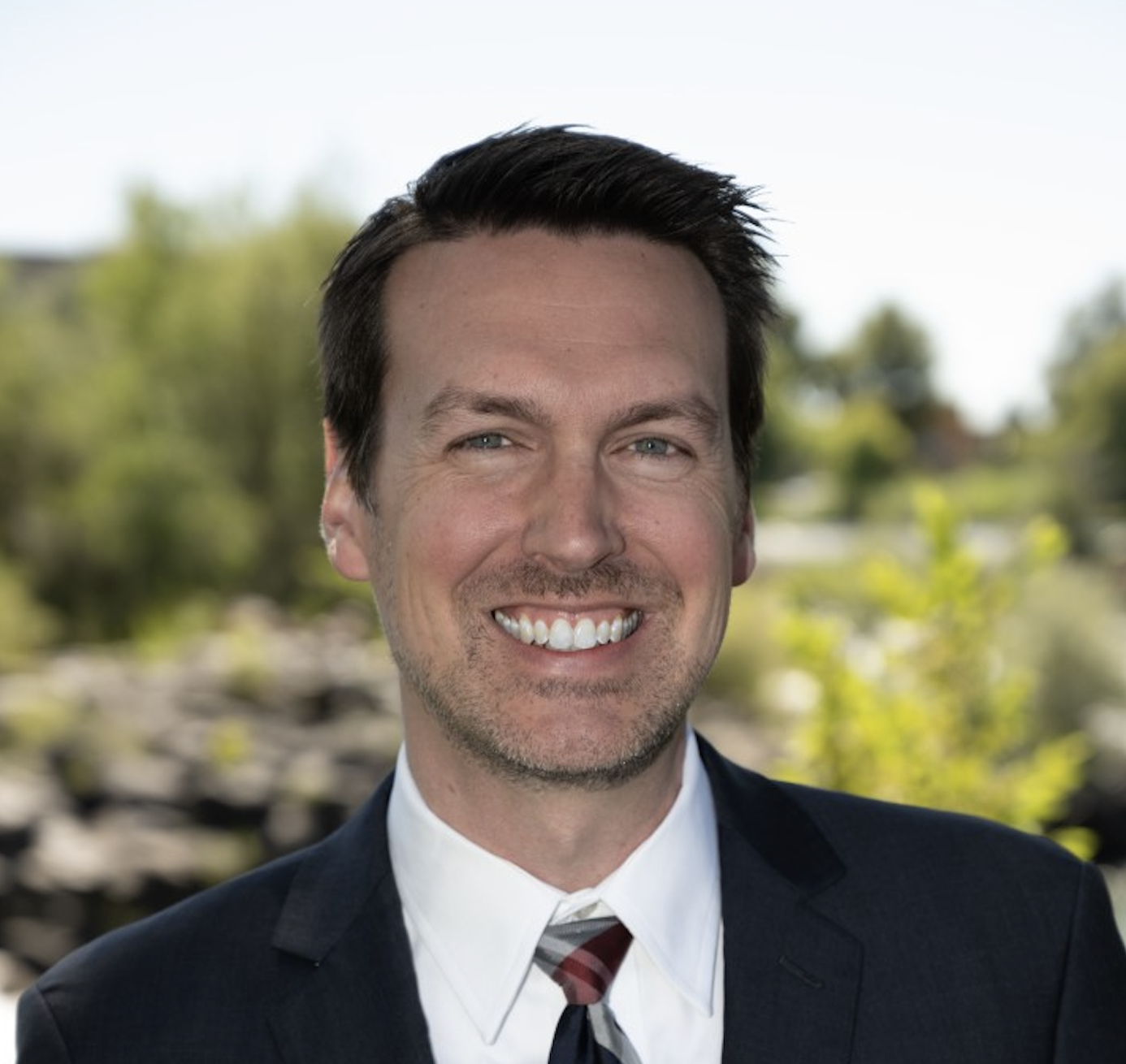Past Event: Oden Institute Seminar
Dr. Derek Gaston, Idaho National Laboratory
3:30 – 5PM
Thursday Oct 12, 2023
POB 6.304 & Zoom
As computers continue to increase in power, scientists and engineers are increasingly turning to predictive, multiphysics simulation for answers. Traditionally, multiphysics has been achieved by linking together multiple single physics tools. Those tools were often built by different people, programmed in different languages, and required wildly different input syntax. In addition, bespoke “coupling code” had to be developed to pull data out of one code (often out of a file) and put it into the other (generally by re-starting the other code), leading to maintenance and performance issues.
The open-source Multiphysics Object Oriented Simulation Environment (MOOSE) platform presents an alternative path. Through modular design, MOOSE allows for code reuse and rapid development. This modularity also extends to the simulation codes themselves; any tools built using MOOSE can be combined into a larger multiphysics simulation without writing any code. In addition, all coupling is handled in-memory and over the network. This system has been employed for over 15 years to study a wide variety of complex multiphysics problems. This talk will cover the concepts, architecture, and applications of MOOSE with many examples of its use.
Dr. Derek Gaston is the Chief Computational Scientist for the Nuclear Science & Technology Directorate at Idaho National Laboratory (INL). His career at INL began in 2008 when he started the MOOSE Framework, the Multiphysics Object-Oriented Simulation Environment that has become the flagship infrastructure for nuclear modeling and simulation tools in a variety of areas including nuclear fuel performance (BISON), material evolution (Marmot), coupled neutronics (Griffin), thermal fluids (Pronghorn), and many others. MOOSE presented a novel approach to solving multiphysics problems with non-linear solvers which lead to its being honored with an R&D100 award in 2014. He earned his Ph.D. in computational nuclear engineering from Massachusetts Institute of Technology (MIT) in 2020, studying under advisors Dr. Benoit Forget and Dr. Kord Smith. He also holds a master of science in computational and applied mathematics from University of Texas and a bachelor of science in computer science from University of Missouri-Rolla (now known as Missouri University of Science and Technology).
